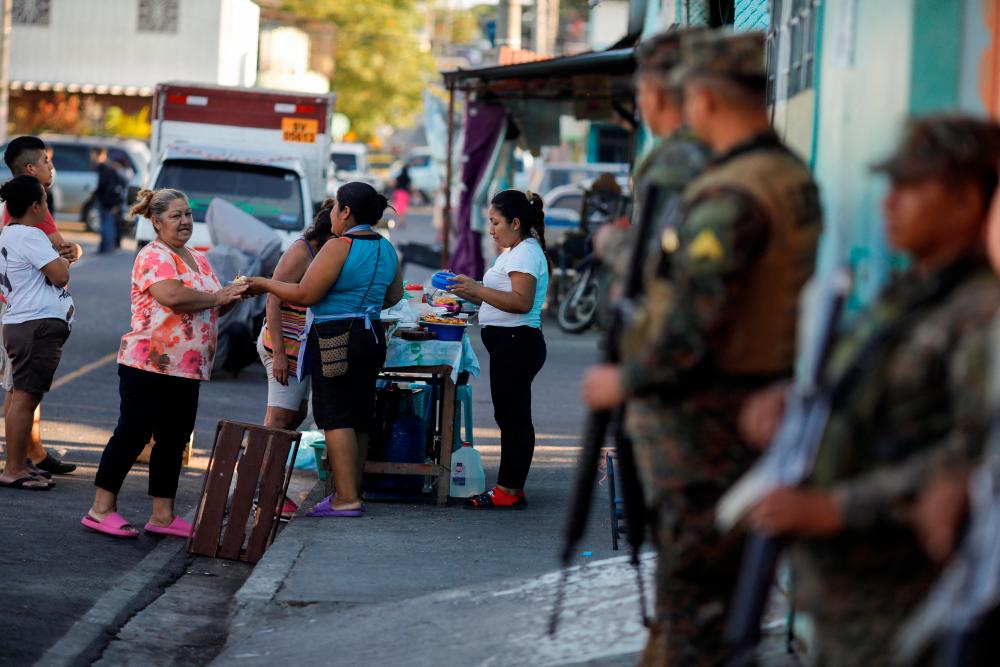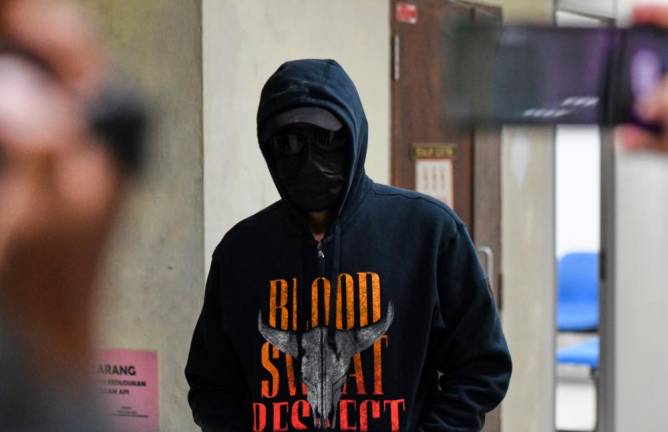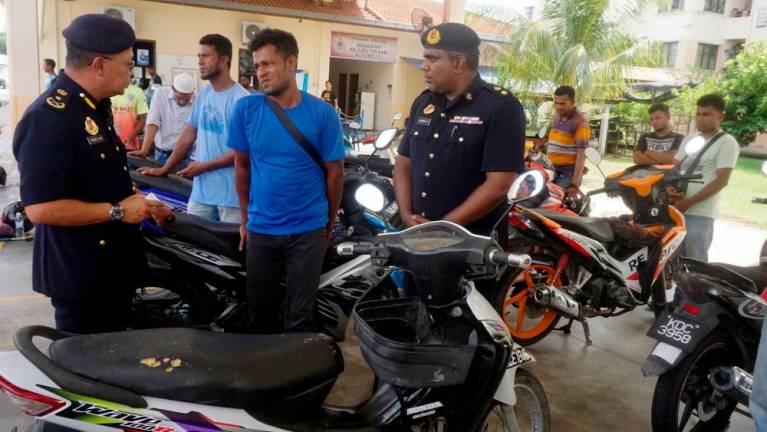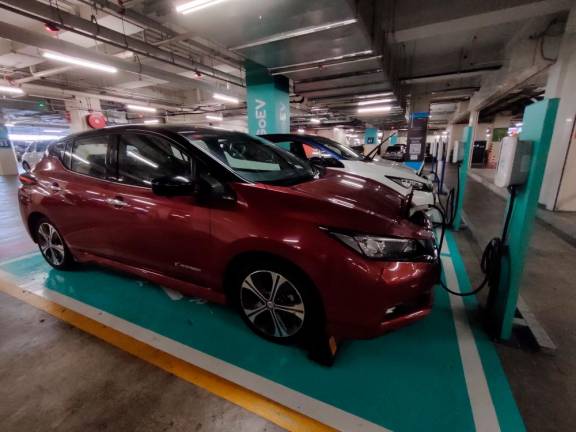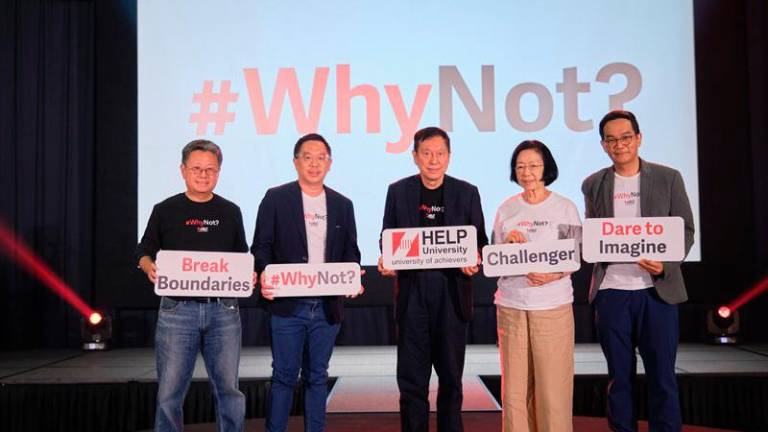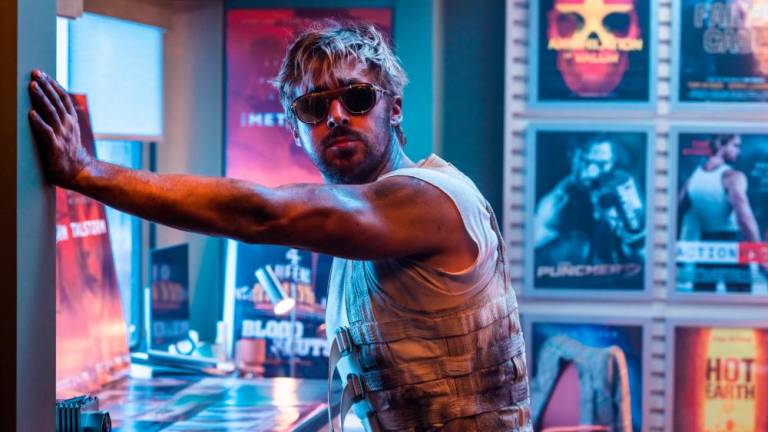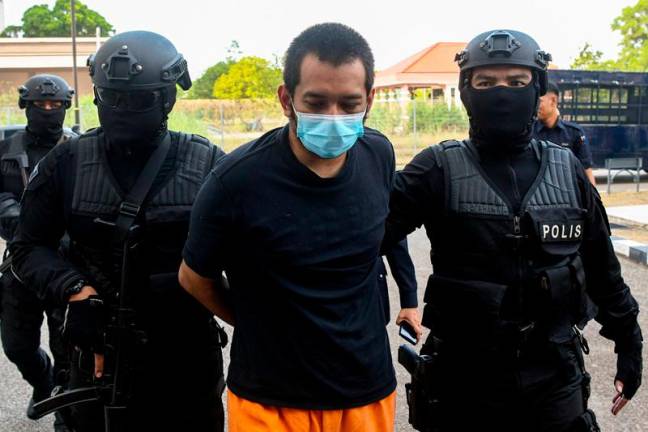GENEVA: The United Nations on Tuesday said it was alarmed over potential arbitrary detentions and troubling conditions in El Salvador's jails amid a crime crackdown in the Central American country.
El Salvador’s state of emergency has now been in place for a year as part of President Nayib Bukele’s “war” on gang violence. It has led to around 66,000 arrests.
The state of emergency was first introduced in March 2022, after a wave of murders attributed to criminal gangs that have plagued El Salvador and other countries in the region.
However, during this time, the government has taken “several measures that raise serious human rights concerns,“ UN Human Rights Office spokeswoman Marta Hurtado told reporters in Geneva.
“Some of these mass detentions, including of children, may amount to arbitrary detention, as they appear to be based on poorly substantiated investigations, on crude profiling of the physical appearance or social background of those detained,“ she said.
“We understand the serious challenges posed by gang violence, and the state’s duty to ensure security. However, it is the state’s duty to do so in compliance with international human rights law.”
Bukele unveiled what he called the largest prison in the Americas in February, intended to hold 40,000 suspected gang members -- more than doubling the country's current total capacity of 30,000 inmates across 20 prisons.
“Conditions in frequently overcrowded places of detention are also deeply concerning,“ Hurtado said.
“We have received allegations of serious violations of prisoners’ rights, such as prolonged solitary confinement and inmates with chronic disease not receiving prescribed medication.
“It is especially worrying that 90 people have allegedly died in custody since the state of emergency was first enacted, and only limited information is available on how the investigations into these deaths are proceeding.”
The UN Human Rights Office urged El Salvador to ensure people are not arrested without proper legal authorisation, and that those detained are afforded the safeguards required under international law.
An overly-repressive prison system reduces the chances of inmates being successfully reintegrated into society, it added.
“The right to life, the absolute prohibition against torture, the principles of fair trial, including the presumption of innocence, as well as the procedural safeguards that protect these rights apply at all times, even during declared states of emergency,“ Hurtado said.
“To find long-term, sustainable solutions to insecurity and crime, the root causes of gang violence -- such as social inequalities, marginalisation and the lack of effective social policies and governance -- must be addressed.” - AFP



